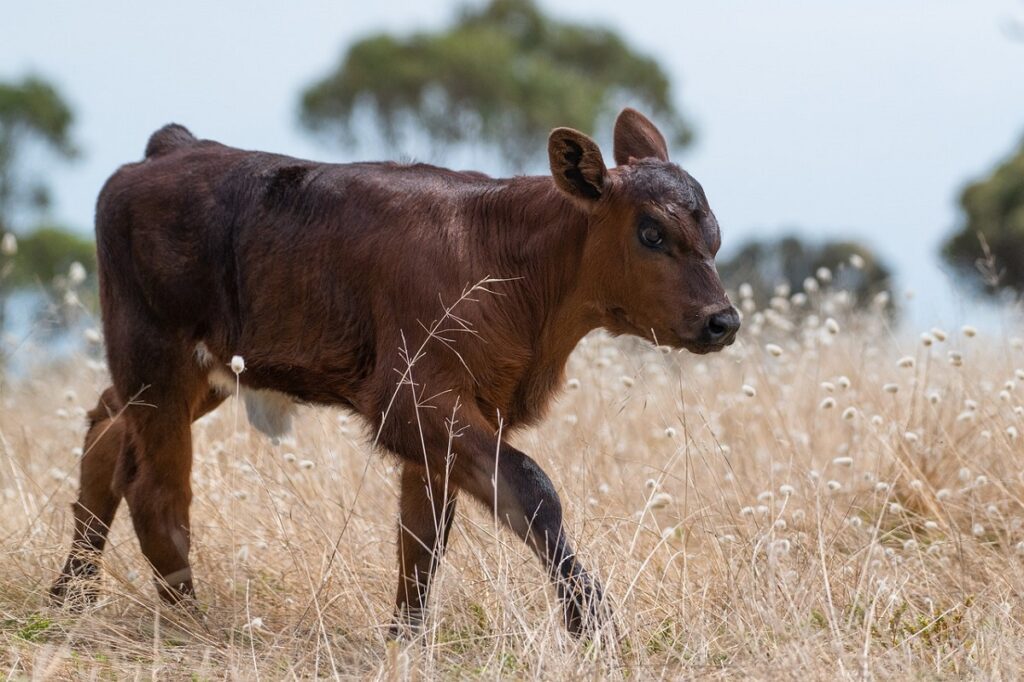Biotechnology Innovation Organization (BIO) member Acceligen partnered with the USDA’s Agricultural Research Service to develop gene-edited cattle resistant to bovine viral diarrhea (BVD), a disease caused by the Bovine Viral Diarrhea Virus (BVDV) that results in respiratory and reproductive problems in cattle.
BVD is one of the most important diseases that significantly impacts the health and welfare of the bovine populations in the world. To solve this problem, gene editing against BVDV highly indicates a lessening susceptibility to the virus, and Acceligen’s gene-edited calf is now normal and healthy at 16 months.
Gene editing through CRISPR
The modification “used CRISPR-mediated homology-directed repair and somatic cell nuclear transfer to produce a live calf with a six amino acid substitution in the BVDV binding domain of bovine CD46.”
The calf’s white blood cells showed an absence of viral infection. “This precision bred, proof-of-concept animal provides the first evidence that intentional genome alterations in CD46 may reduce the burden of BVDV-associated diseases in cattle, and is consistent with our stepwise, in vitro and ex vivo experiments with cell lines, and matched fetal clones,” said in the paper.
Also detailed in the paper was the “reduced susceptibility to all BVDV isolates tested, including cytopathic and non-cytopathic isolates belonging to the two genotypes of BVDV that infect cattle globally.” CD46-dependence was measured in diverse cell types from the skin and internal organs and a “significant reduction in BVDV susceptibility” was found.
Acceligen’s gene-editing breakthroughs
Acceligen has had success with edited cattle in the past. The company’s beef cattle gene edited to be resistant to high heat was recently greenlit by the Food and Drug Administration (FDA). The FDA made the decision regarding two genome-edited beef cattle and their offspring, “determining that the intentional genomic alteration (IGA) does not raise any safety concerns,” says the announcement.
According to the FDA, the genome of these animals is edited to have a “slick” coat, a type of short hair coat that some conventionally bred cattle possess. BioNews reported that they’re more tolerant to heat and can therefore function more efficiently, as this 2018 WSJ documentary explained. Meaning the decision helps livestock adapt to climate change and helps farmers sustainably increase animal protein production for a growing world.
Acceligen and the USDA’s partnership in the creation of the gene-edited calf is extremely promising to address BVDV. However, researchers advise further investigation and dedicated studies to ascertain whether CD46-edited bovine dams are capable of shielding developing fetuses from transplacental BVDV infection through experimental replication in various bovine animals.




